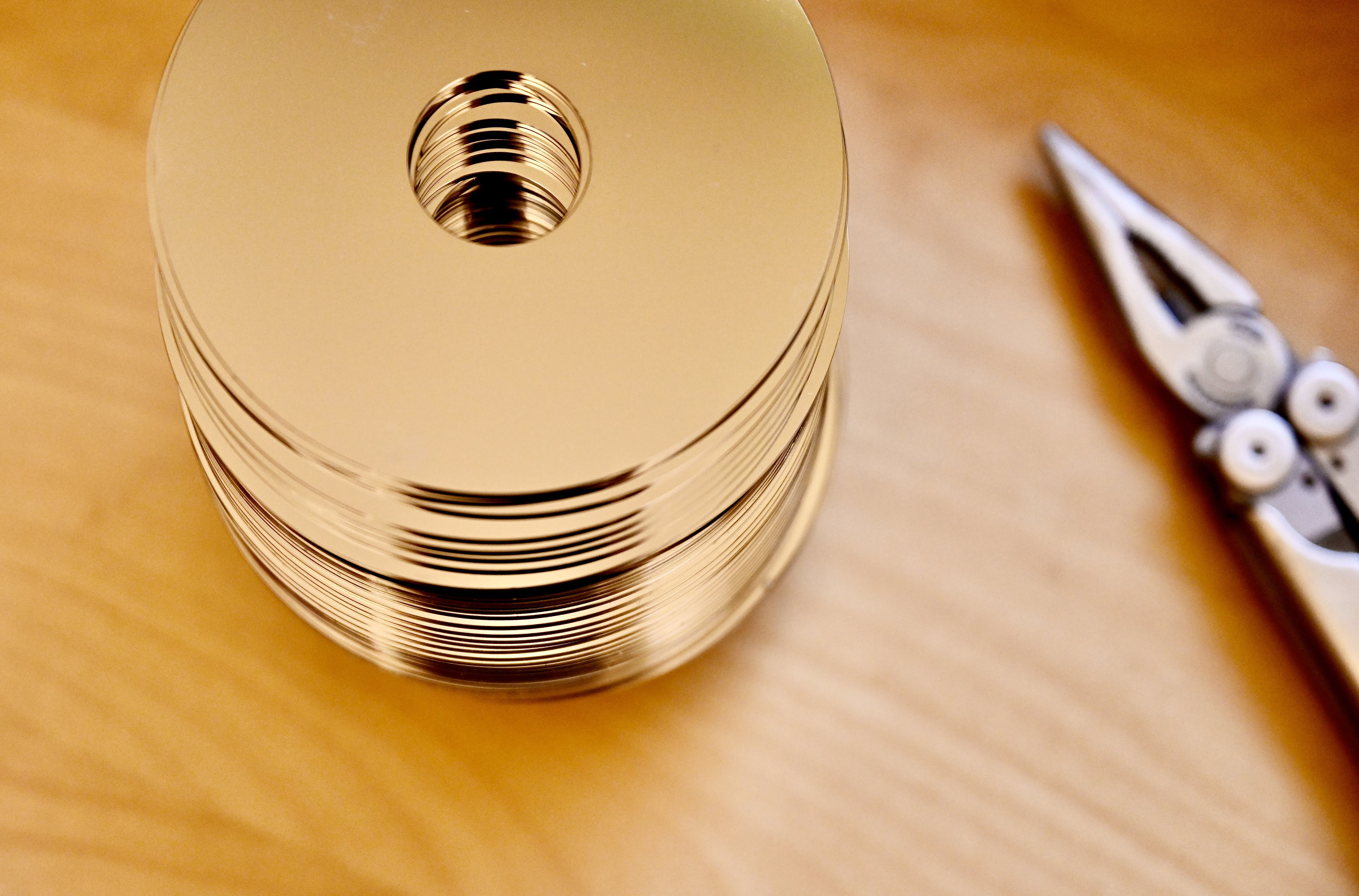robb.works
Why don’t apps match brains?
draft I am afraid that this article is in progress. I will probably regret putting it out there in its current form.

Brains: pretty highly evolved
Brains are the product of evolution; they can model the outside world well enough that the body the brain is in can find food and survive long enough to make more bodies with brains.
Brains seem to model the world they inhabit with their brain structure. Different parts of the brain specialize but these parts are connected profusely. To our conscious selves all this results in one single, coherent representation. The match between brain and the outside world means that we can act in the world pretty effortlessly. It has a pretty good user interface. One implication of this is that the brain structure is general enough to handle any sort of data.
Computers: not so much
So, we have separate apps, or databases, or web services for contacts and to-do items, notes, tasks, whatever. If we have a name for it (“Grocery List”, “Recipe Box!”, “Calendar”, “Address book!”, “Journal”), then it certainly deserves it’s own app! (and data store).
This separate database approach is a problem, and it is why these things aren’t that useful or long lasting. However fancy our to do list system is, it still can’t model the real world so it just becomes a huge pain in the ass.
A really useful ‘app’ would be one that effortlessly extends the capability of our brains.
Making fancy to-do list apps is a great way to make some money however, because everyone will buy one at some point in their life when they feel like they’re losing control. This is a great thing to take advantage of if you write software and want to make some money. So, there are a bunch of these apps and some have marketing departments!
We separate tabular data and documents into different apps, then make a huge deal out of our ability to embed a spreadsheet into a text document. Or, at least, Microsoft still does this. Nobody else is that impressed. Contacts data is separate from everything else. Notes you take go somewhere, maybe Notability. The notes on how we solved that last ad-blocker issue are in email somewhere, or maybe confluence, or (god forbid) jira, or slack, or was that in our github pages? Wait, did I just write that down in my notebook?
Every one of these apps makes the fundamental mistake of assuming that it’s ok to represent a part of the world in an isolated place. To their credit, it would be a pretty big reach for any CTO to purchase an app that was where you are going to put everything. I mean, what if that wasn’t backed up? What if it uses some proprietary form of markdown? Would you buy that app?
A proposal for how computers ought to work
Brains don’t have a separate place for storing lists of things to do. It is more likely that they keep this in context of the things it uses, or affects, or people it requires, or documentation that would apply to getting the job done. It may have learnings where you would like to write down “here’s how I figured out how to take apart the grill without destroying it” or want to know ‘When did I install Ruby 2.7?’
I’m pretty sure i spend a lot of my time trying to fine where a thing is. We just accept that that is the way things are, and that there is no better way, and we are always going to be limited, slow, forgetful human beings because we have really crappy tools. We can send a person to the moon but we still use email. So this is the proposal. …watch this space…